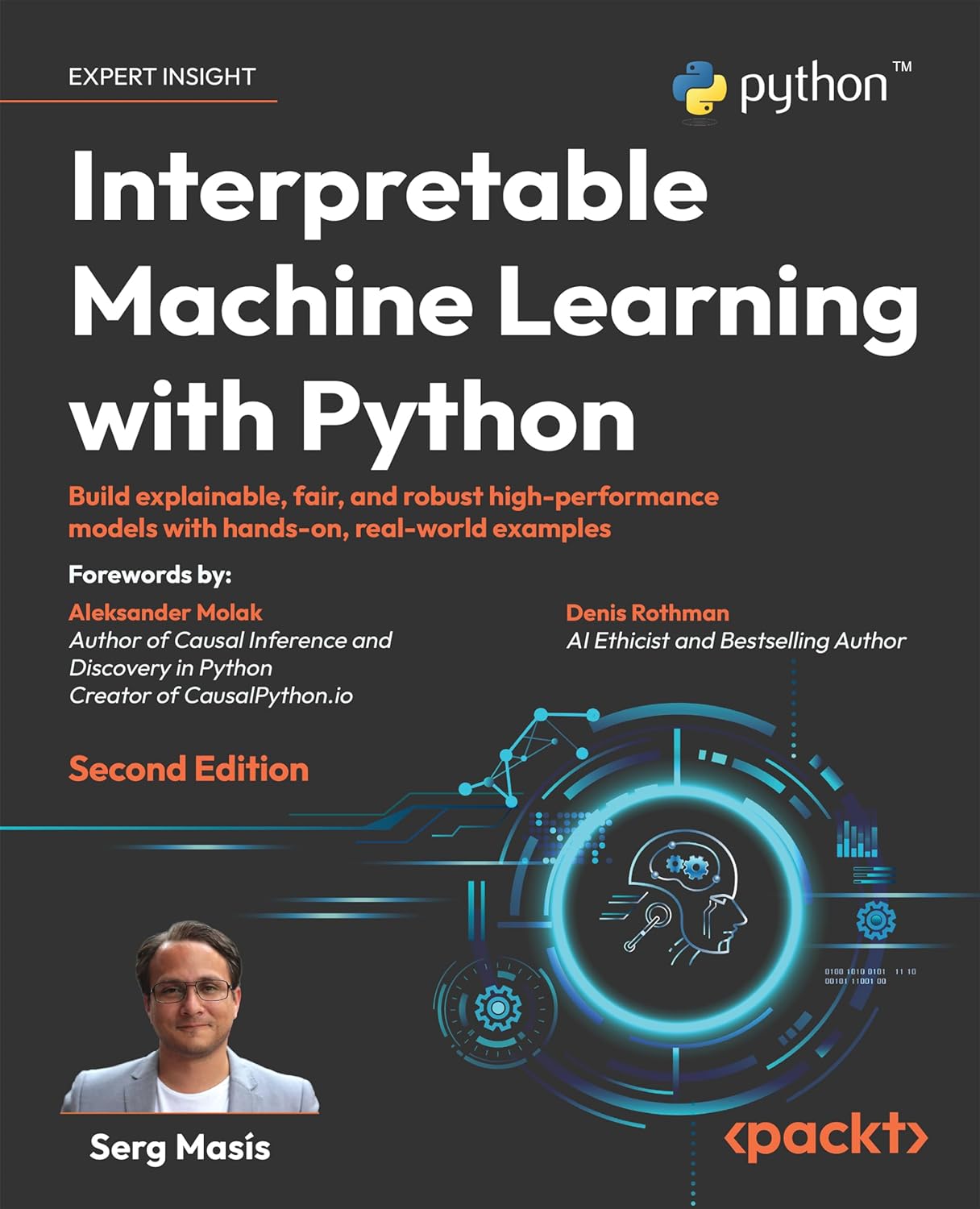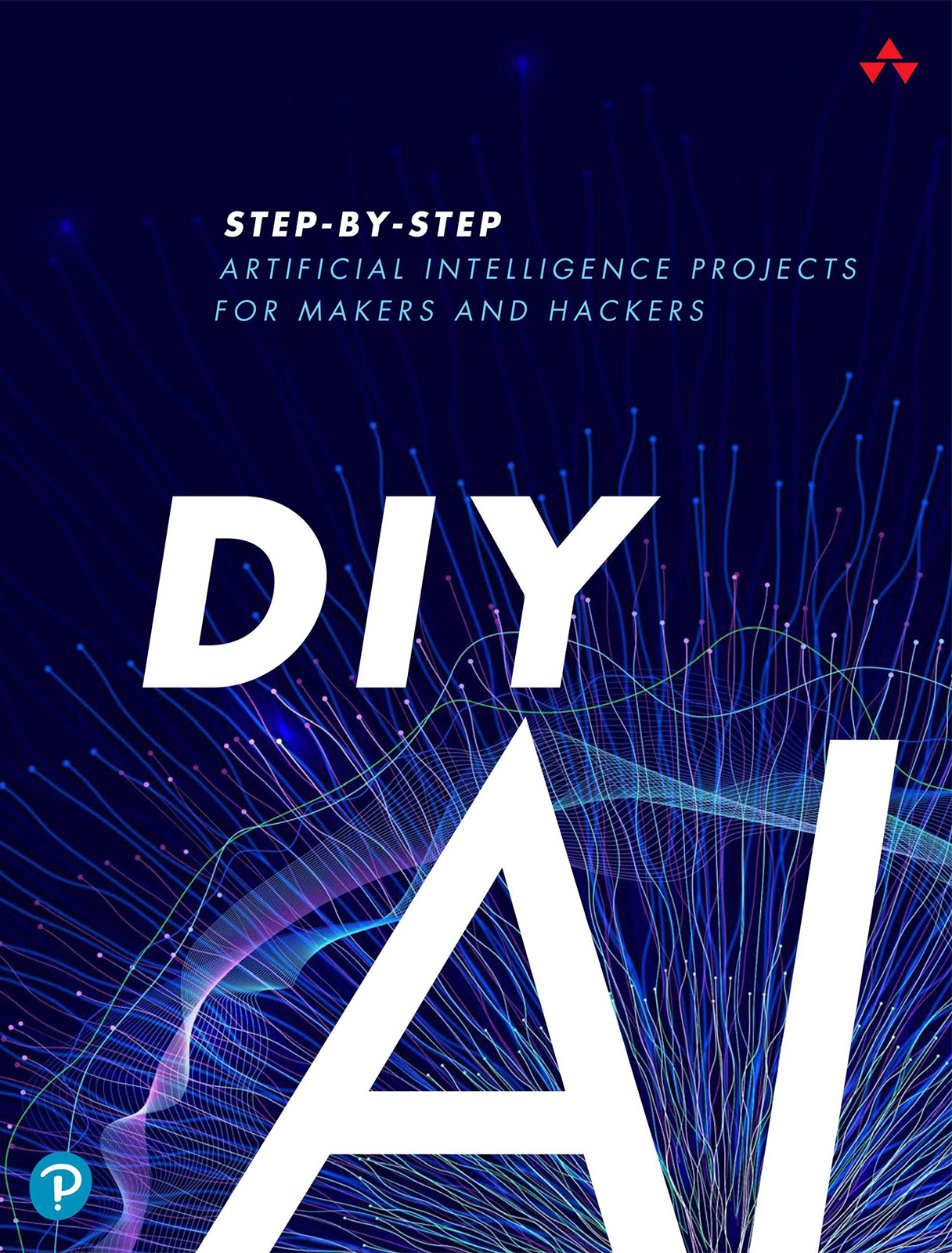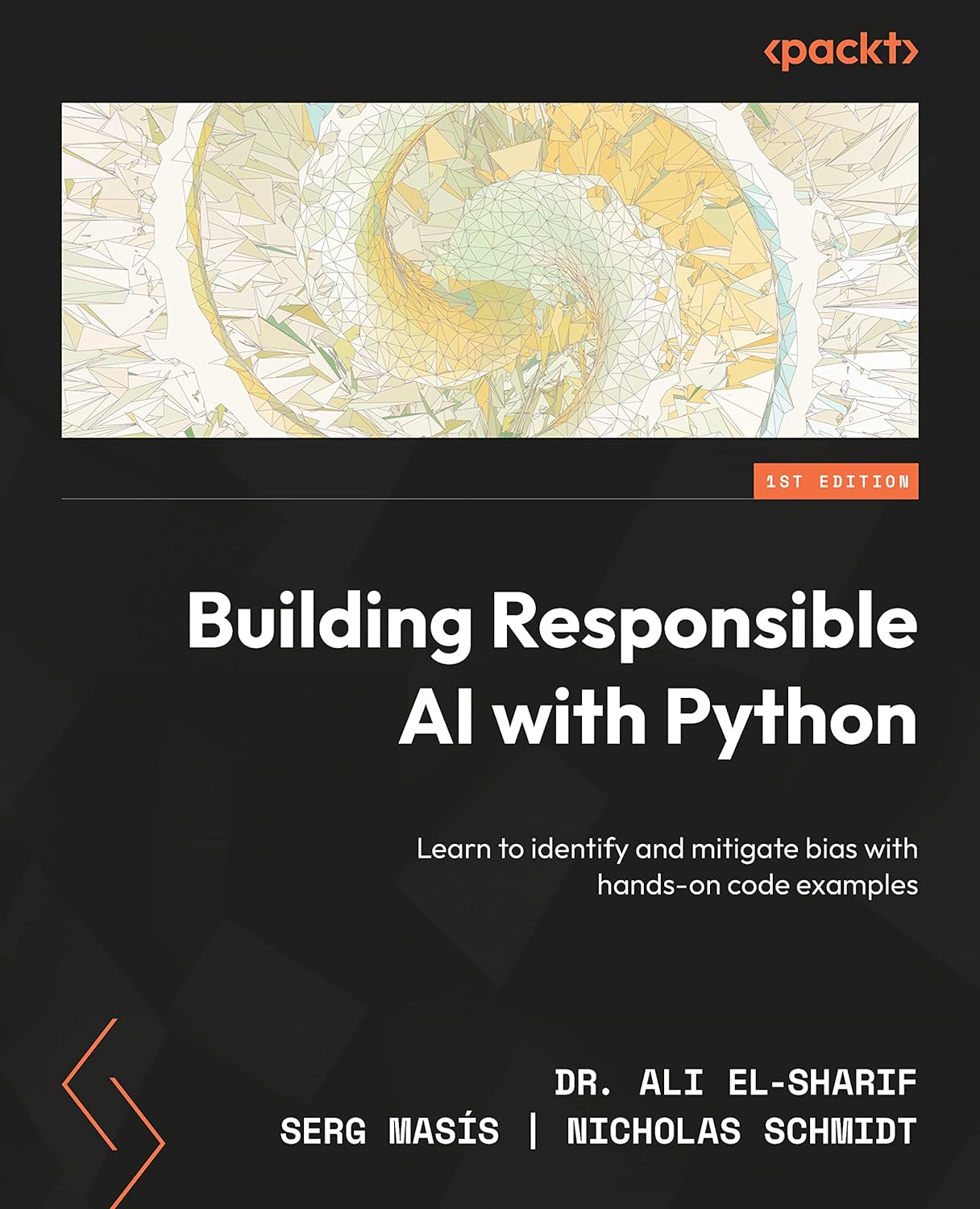Writing
I am deeply committed to advancing the field of artificial intelligence (AI) with a focus on making it more interpretable and responsible. In my writing, I address the critical importance of fairness, transparency, and accountability in AI technologies and I champion the idea that AI models should not only be advanced in their capabilities but also understandable and ethical in their applications. I have authored a bestselling book on interpretable machine learning, illustrating my dedication to enhancing how models can be deciphered and scrutinized for better decision-making processes. Furthermore, my collaborative efforts on responsible AI highlight the growing necessity to address ethical considerations and societal impacts as AI becomes increasingly integrated into various aspects of life. My work transcends specific domains, aiming to foster a broader understanding and engagement with AI technologies. I believe in empowering individuals and communities with the knowledge and tools to participate actively in shaping the future of AI, ensuring it serves the common good and addresses global challenges with responsibility and care, which is why I'm working on the DIY AI book.
Interpretable Machine Learning with Python—Oct. 2023
⭐⭐⭐⭐⭐
- A comprehensive introduction covers white-box models like linear regression and decision trees and the fundamentals of interpretability and explainability.
- Look under the hood of black-box models with model-agnostic methods such as SHAP, anchors, and counterfactuals, which can make complex machine-learning models understandable and accountable. It covers methods for understanding deep learning models for vision and text and features advanced techniques for causal inference and uncertainty.
- Become a machine learning model mechanic by leveraging techniques like bias mitigation, feature selection, and adversarial robustness
- The book's intended audience is made up of data scientists, machine learning engineers, MLOps engineers, and those interested in responsible AI development. It is suitable for beginners with a solid foundation in Python and can act as a bridge to understanding the relationship between AI and the real world, promoting ethical technology development.
For more details about the book and links to where to buy, click here.
This book changed how I look at machine learning. I just finished it. Worth every second. This is for anyone who wants to build real-world machine learning applications. It's practical and to the point. Interpretability 101.

DIY AI: Step-By-Step Artificial Intelligence Projects for Makers and Hackers—Sep. 2024!
🔥 pre-order now🔥
- Explore the essentials of AI, machine learning, and deep learning, including their definitions, histories, types, and applications, while also setting up your Python environment for AI projects.
- Dive into Discriminative AI with interactive AI projects for facial recognition, sound classification, pose estimation, gesture recognition, and action recognition for dynamic applications and sentiment analysis to monitor social media mood.
- Create with Generative AI art, music, and chatbots, and responsibly develop deepfakes with step-by-step guides on projects that can be integrated into web apps.
- The book's intended audience is very broad, from aspiring and established AI practitioners seeking hands-on experience to citizen developers, hobbyists, and DIY enthusiasts eager to experiment with AI through open-source technologies catering to diverse interests and skill levels.
For pre-ordering click here.
Building Responsible AI with Python: Learn to identify and mitigate bias with hands-on code examples—May 2025!
- Understand the principles of Responsible AI, including auditing models for group and individual fairness, and apply these concepts using hands-on Python techniques to ensure AI-enabled solutions are safe and fair.
- Explore various explanatory techniques to gain insights into the logic of complex machine learning models, enhancing transparency and trust in AI applications.
- Implement pre-processing, in-processing, and post-processing techniques to mitigate bias in the development of machine learning models, ensuring equitable outcomes.
- Monitor machine learning models in production environments to identify and manage model drift, thereby maintaining accuracy and fairness over time.
- This book's intended audience is data scientists, machine learning developers, and data science professionals seeking to create non-biased, accurate machine learning models. A working knowledge of Python and basic machine learning concepts is recommended.
For more details about the book, click here.



